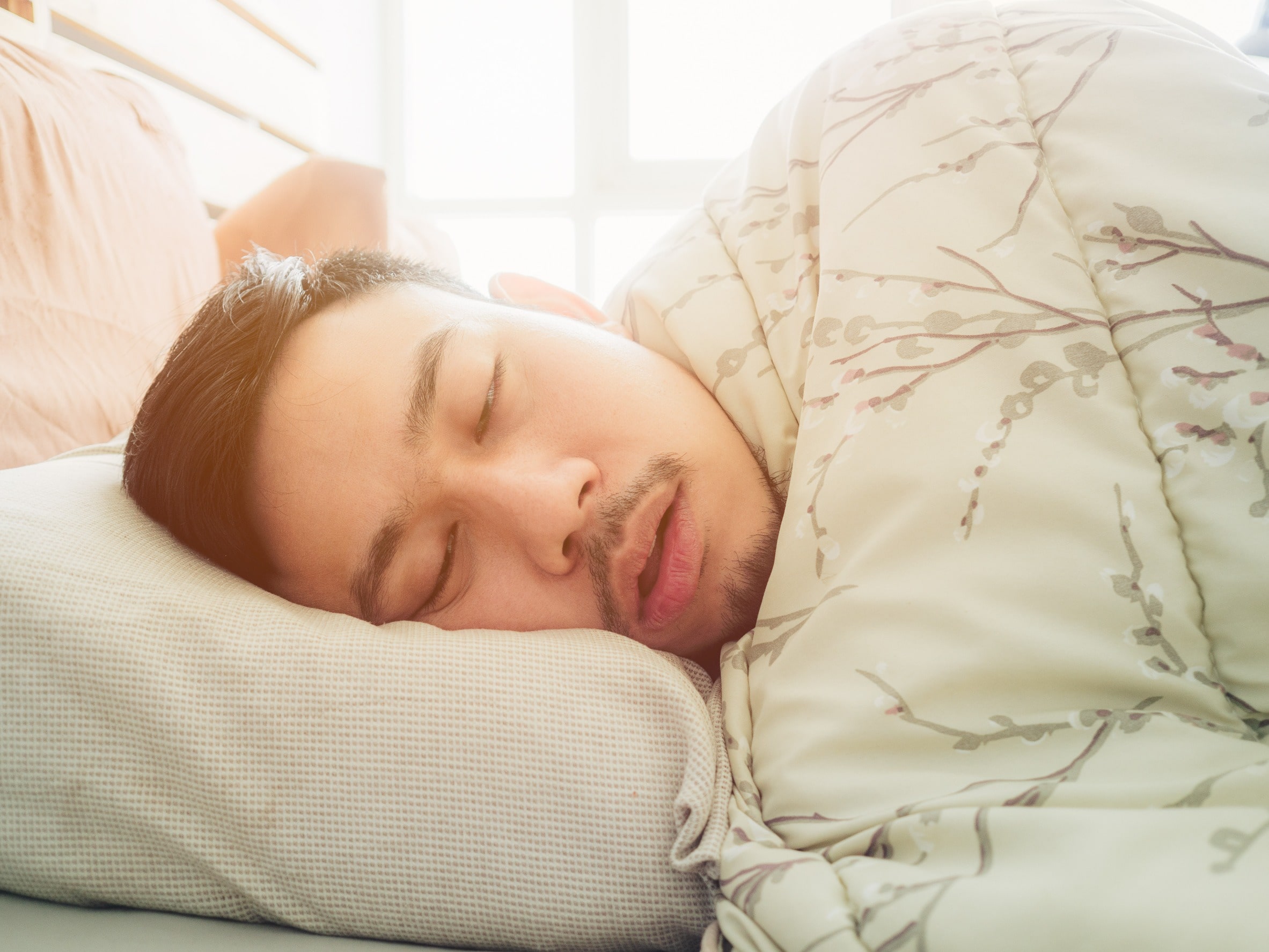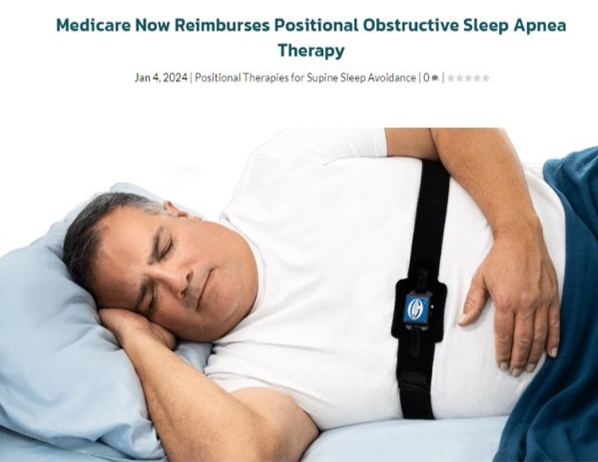Advanced Sleep Therapy - Achieve Deep, Relaxed Sleep
Advanced Sleep Therapy - Achieve Deep, Relaxed Sleep
Blog Article
Effective Therapy Solutions for Handling Rest Disorders and Enhancing Relaxed Rest
In the realm of healthcare, the monitoring of rest disorders and the mission for relaxing sleep are essential components of total health. Reliable treatment services provide a complex approach to deal with these challenges, ranging from cognitive behavior interventions to all natural methods that promote relaxation and mindfulness. The exploration of different strategies, consisting of the combination of medicine and light therapy, opens a realm of possibilities in the search of far better rest quality. As we browse the complex landscape of rest conditions and seek to improve our rest experience, a much deeper understanding of these treatment options might hold the key to opening a more relaxing and satisfying corrective trip.
Cognitive Behavior Modification for Sleep Problems (CBT-I)
Cognitive Behavior Modification for Sleep Problems (CBT-I) is an organized, evidence-based therapy approach that concentrates on addressing the underlying elements adding to sleep disturbances. This sort of treatment intends to change habits and thoughts that exacerbate sleep problems, ultimately advertising healthy sleep patterns. CBT-I typically entails a number of vital elements, consisting of cognitive therapy, rest constraint, stimulus control, and sleep health education and learning.
Cognitive treatment assists individuals identify and transform negative thought patterns and ideas about rest that may be preventing their ability to fall or stay asleep. Sleep limitation entails limiting the amount of time spent in bed to match the individual's actual rest period, therefore enhancing sleep efficiency (insomnia solutions). Stimulus control methods aid establish a strong organization between the bed and sleep by motivating people to visit bed only when sleepy and to prevent taking part in promoting tasks in bed
Additionally, sleep health education concentrates on creating healthy rest practices, such as keeping a regular rest routine, producing a relaxing going to bed routine, and enhancing the rest environment. By dealing with these factors comprehensively, CBT-I offers an efficient non-pharmacological treatment for taking care of sleeplessness and boosting overall sleep high quality.
Sleep Health Practices
Having developed the foundation of cognitive restructuring and behavioral alterations in dealing with sleeping disorders through Cognitive Behavior modification for Sleep Problems (CBT-I), the emphasis currently moves in the direction of discovering vital Sleep Hygiene Practices for maintaining ideal rest quality and overall health.
Rest hygiene techniques encompass a variety of habits and ecological variables that can substantially influence one's capacity to go to sleep and remain asleep throughout the night. Consistent sleep and wake times, creating a relaxing going to bed regimen, and maximizing the sleep atmosphere by keeping it dark, quiet, and cool are important components of excellent rest health. Restricting direct exposure to displays prior to going to bed, avoiding stimulants like high levels of caffeine near bedtime, and taking part in regular exercise throughout the day can also advertise far better sleep top quality.
Additionally, practicing leisure strategies such as deep breathing workouts or meditation prior to bed can help calm the mind and prepare the body for sleep. By including these sleep health methods into one's everyday regimen, people can establish a healthy sleep pattern that supports relaxing sleep and total health.
Leisure Strategies and Mindfulness
Carrying out relaxation methods and mindfulness techniques can play a crucial role in promoting a sense of calm and promoting high quality rest. Additionally, assisted imagery can help transport individuals to a calm place in their minds, assisting in anxiety reduction and enhancing rest top quality.
Mindfulness methods, such as reflection and yoga exercise, are additionally efficient in promoting relaxation and boosting sleep. Mindfulness urges people to stay present in the minute, releasing worries about the past or future. By including these practices into a bedtime regimen, people can signify to their bodies that it is time to relax and prepare for rest. Overall, incorporating leisure methods and mindfulness techniques can dramatically contribute to handling sleep problems and improving overall sleep top quality.

Medication Options for Rest Disorders
After checking out relaxation strategies and mindfulness techniques as non-pharmacological treatments for enhancing sleep quality, it is vital to think about medication alternatives for individuals with rest problems. In situations where lifestyle changes and treatment do not give enough relief, medicine can be a valuable tool in managing rest disruptions.
Generally suggested medicines for rest conditions include benzodiazepines, non-benzodiazepine hypnotics, antidepressants, and melatonin receptor agonists. Benzodiazepines, such as diazepam, best site are sedatives that can assist cause sleep, however they are normally recommended for short-term use as a result of the threat of dependancy. Non-benzodiazepine hypnotics like zolpidem are also made use of to treat sleeping disorders and have a lower danger of dependancy compared to benzodiazepines. Antidepressants, such as trazodone, can be advantageous for people with co-occurring depression and rest disruptions. Melatonin receptor agonists, like ramelteon, target the body's all-natural sleep-wake cycle and can be valuable for regulating sleep patterns.
It is vital for people to speak with a health care supplier to identify the most proper medicine alternative based upon their certain rest condition and case history.
Light Therapy for Body Clock Law
Light treatment, additionally referred to as photo-therapy, is a non-invasive therapy method utilized to regulate body clocks and improve sleep-wake cycles. This therapy entails exposure to brilliant light that mimics natural sunshine, which aids to reset the body's inner clock. By exposing individuals to particular wavelengths of light, typically in the early morning or night depending upon the wanted impact, light therapy can properly change see this site the body clock to advertise wakefulness throughout the day and boost restful rest at evening.
Research study has revealed that light therapy can be especially beneficial for people with circadian rhythm problems, such as delayed sleep stage syndrome or jet lag. It can additionally be valuable for those experiencing seasonal depression (SAD), a kind of clinical depression that generally occurs throughout the winter season months when natural light exposure is lowered. Light therapy is generally well-tolerated and can be utilized in combination with various other treatment techniques for rest conditions to maximize end results and boost general rest quality.
Verdict
Finally, efficient therapy remedies for taking care of rest disorders and boosting restful sleep consist of Cognitive Behavioral Therapy for Sleep Problems (CBT-I), rest hygiene methods, relaxation techniques and mindfulness, medication alternatives, and light therapy for body clock regulation. These approaches can help individuals boost their rest quality and overall health. It is necessary to talk to a health care company to figure out one of the most suitable strategy for addressing rest concerns.
As we navigate the intricate landscape of sleep conditions read what he said and seek to improve our rest experience, a much deeper understanding of these therapy options may hold the trick to unlocking an extra rejuvenating and fulfilling restorative trip.
Rest restriction includes restricting the quantity of time spent in bed to match the person's actual rest period, therefore boosting rest performance. Constant sleep and wake times, creating a relaxing going to bed routine, and enhancing the rest setting by maintaining it dark, quiet, and cool are important components of good sleep hygiene. Light treatment is generally well-tolerated and can be utilized in conjunction with various other treatment techniques for rest problems to maximize outcomes and improve overall rest high quality.

Report this page